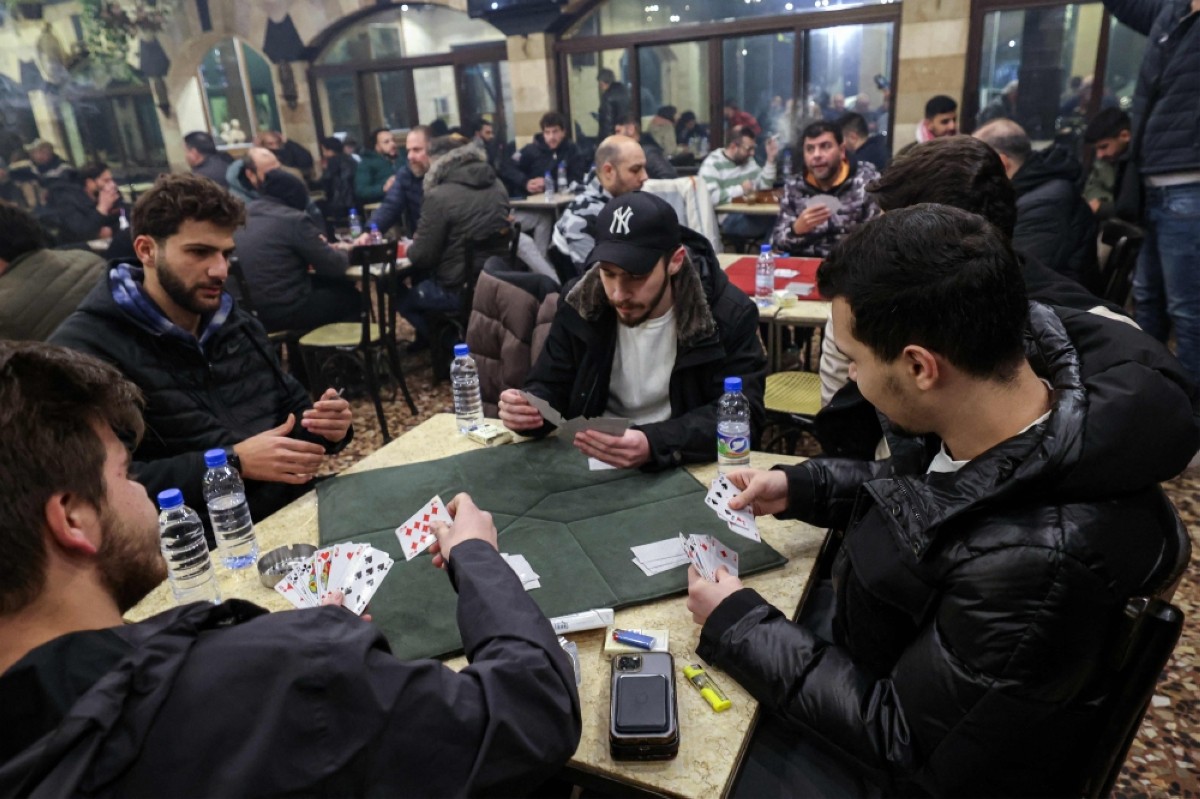For decades, any Syrian daring to broach political topics got used to speaking in hushed tones and with a watchful eye trained for a listener among the crowd. “There were spies everywhere,” Mohannad Al-Katee said in Al-Rawda cafe in Damascus, adding almost in disbelief: “It’s the first time that I sit in a cafe and I can talk about politics”. “It was a dream for Syrians,” said Katee, 42, a researcher in political and social history.
Until now, he like thousands of others had grown accustomed to watching for the proverbial flies on the walls of Damascus’ renowned cafes. Today, those same cafes are alive and buzzing with the voices of patrons speaking freely about their country for the first time. Such discussions “were banned under the previous regime, then there was a relative opening during the Damascus Spring”, Katee said.
He was referring to the year 2000, when Bashar Al-Assad took over from his late father Hafez and slightly loosened the reins on political life in Syria. Initially, the young Assad had opened up an unprecedented space, allowing for political salons to flourish alongside calls for reform in a country that had long grown accustomed to fear and silence. “But it didn’t last,” said Katee.
A few months after his succession, Assad rolled back those gains, putting an end to the short-lived “Damascus Spring”. In the subsequent years, according to Katee, informants were ubiquitous, from “the hookah waiter to the man at the till, it co.









































